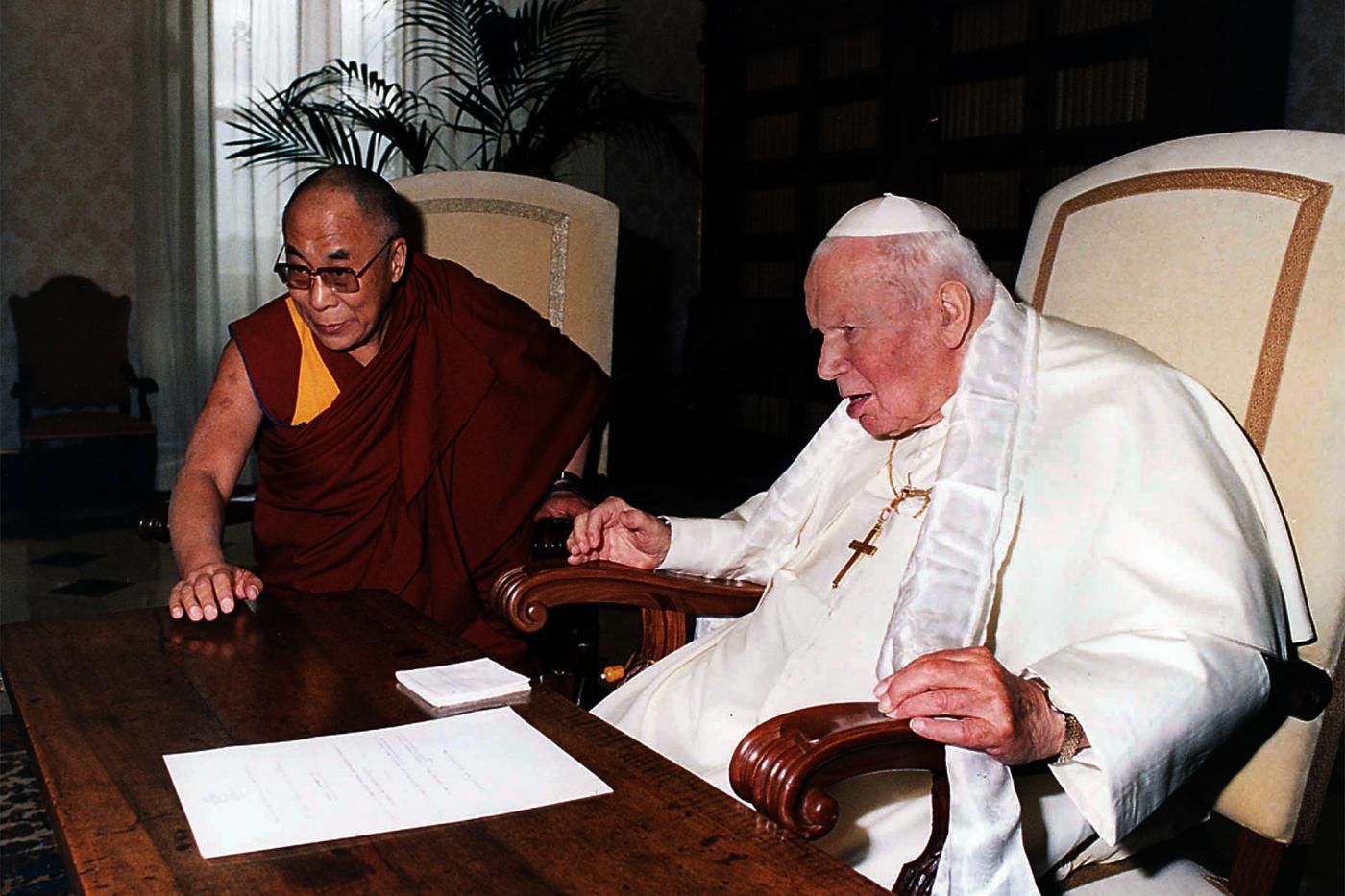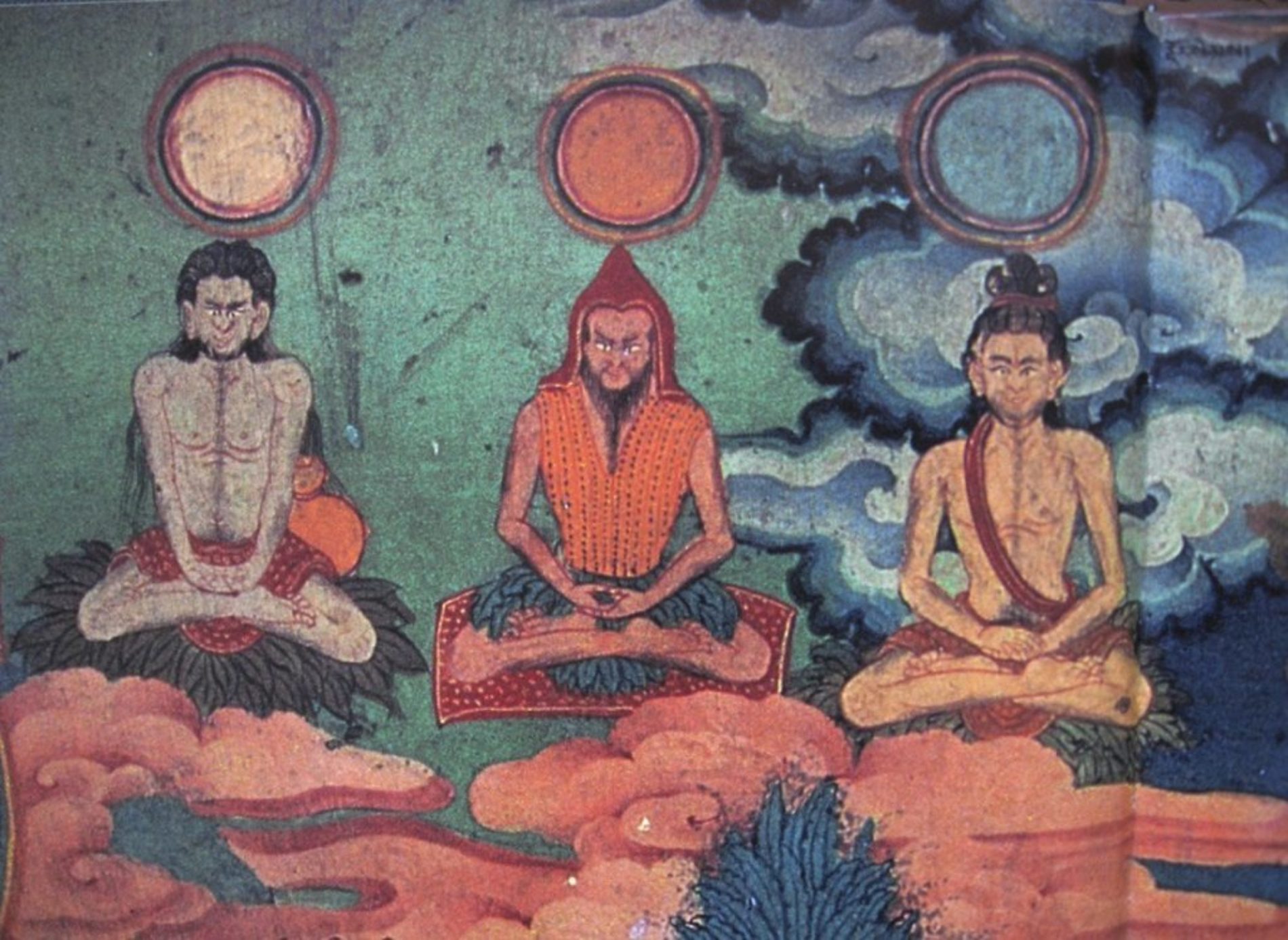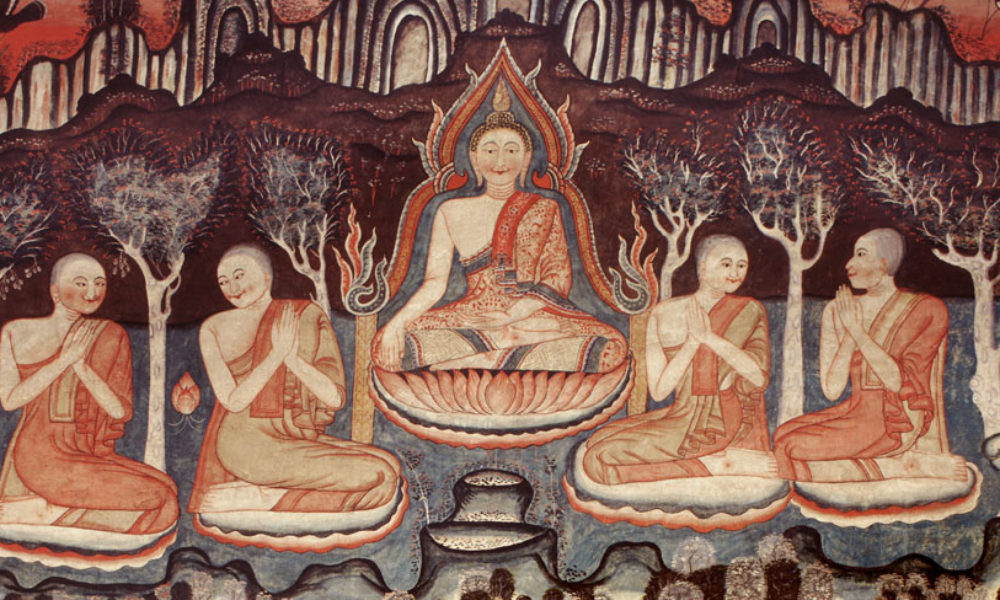In a world characterized by diverse spiritual beliefs and practices, the comparison between Catholicism and Buddhism stands as a testament to the complexities of human faith.
While the Western world witnesses a growing interest in Buddhism, parts of Asia are experiencing a resurgence in Catholicism. This intriguing phenomenon begs the question: what are the underlying differences and similarities between these two venerable traditions?
The Perception Divide: Religion vs. Philosophy
A common misconception persists in the West that Buddhism is merely a philosophy rather than a religion. This misconception has fueled the rise of nonreligious interpretations of Buddhism, contributing to the contemporary trend of being “spiritual but not religious.” Despite this perception, both Catholicism and Buddhism are deeply rooted in religious doctrines and spiritual practices.
Monastic Traditions: Monks and Priests
One striking similarity between Catholicism and Buddhism lies in their utilization of monastic orders. Both traditions feature dedicated individuals—monks in Buddhism and priests in Catholicism—who devote themselves to spiritual practice and service to their communities. While the roles and rituals of monks and priests may differ, their commitment to leading lives of devotion and contemplation remains a shared characteristic.
Rituals and Symbols: Beads and Prayer
Another parallel between Catholicism and Buddhism is found in their use of ritual objects and symbols. Catholicism employs the rosary and scapular as tools for prayer and meditation, while Buddhism utilizes prayer beads for similar purposes. These tangible artifacts serve as conduits for spiritual focus and reflection, embodying the shared values of peace, meditation, and the pursuit of enlightenment.
The Nature of Deity: Monotheism vs. Non-Theism
One fundamental difference between Catholicism and Buddhism lies in their conception of deity. Catholicism affirms belief in one God, the Almighty Father, central to its theological framework. In contrast, Buddhism does not adhere to a monotheistic worldview; instead, it centers on the teachings and example of Siddhartha Gautama, the historical Buddha. While Buddhist traditions may incorporate deities and celestial beings, they do not equate to the omnipotent creator deity of Catholicism.
Institutional Structures: Collective vs. Personal
A notable distinction between Catholicism and Buddhism lies in their institutional frameworks. Catholicism operates within a hierarchical structure, with centralized authority vested in the Vatican and the papacy. In contrast, Buddhism is characterized by a decentralized and more personal approach to spirituality. While monastic orders exist in Buddhism, there is less emphasis on institutional control, allowing for greater individual autonomy and exploration of spiritual paths.
Afterlife Beliefs: Reincarnation vs. Judgment
Divergent views on the afterlife further differentiate Catholicism and Buddhism. Catholicism posits the existence of three possible destinations after death: Purgatory, Heaven, or Hell, depending on one’s actions and adherence to religious doctrine. In contrast, Buddhism subscribes to the concept of reincarnation, wherein individuals undergo successive rebirths based on karma and the accumulation of merit. This cyclical view of existence contrasts with the linear judgment of Catholic eschatology.
Scriptural Authority: Standard Texts vs. Oral Tradition
A significant disparity between Catholicism and Buddhism lies in their approaches to religious texts. Catholicism reveres the Bible as its standard-issue text, containing sacred scriptures and teachings essential to faith and doctrine. In contrast, Buddhism relies on a diverse array of texts, including the Pali Canon and various sutras, transmitted through oral tradition and preserved by monastic communities. This difference in textual authority reflects distinct modes of transmission and interpretation within each tradition.
Mystical Practices: Mantras and Spiritual Efficacy
One shared aspect between Catholicism and Buddhism is the use of sacred sounds or phrases for spiritual efficacy. While Catholicism incorporates prayers and invocations as part of its devotional practices, Buddhism features mantras possessing mystical significance. These mantras, found in Mahayana, Theravada, and Vajrayana schools of Buddhism, serve as potent tools for meditation, protection, and invoking spiritual blessings.
Conclusion: Bridging the Gap
The comparison between Catholicism and Buddhism offers valuable insights into the diversity of religious beliefs and practices. While differences in theology, ritual, and worldview abound, there exist remarkable parallels in their pursuit of spiritual enlightenment and compassionate living. By fostering dialogue and understanding between these traditions, we may uncover shared truths that transcend cultural and religious boundaries, enriching our collective journey toward greater wisdom and harmony.




